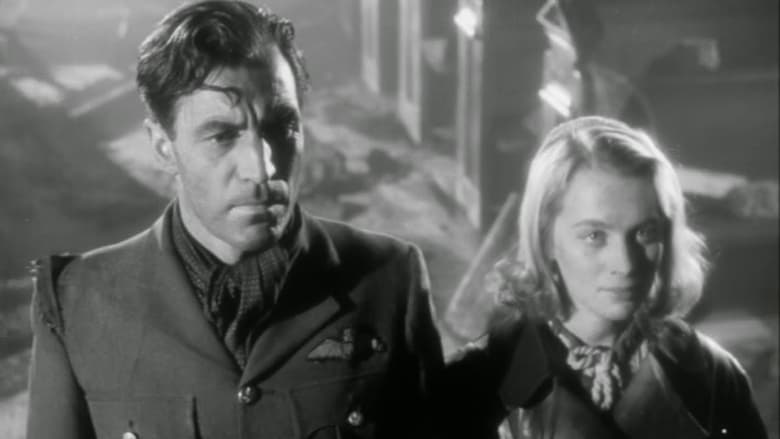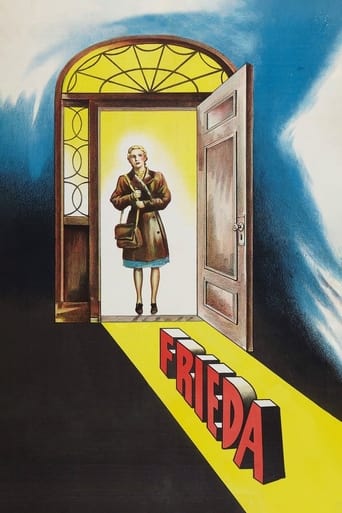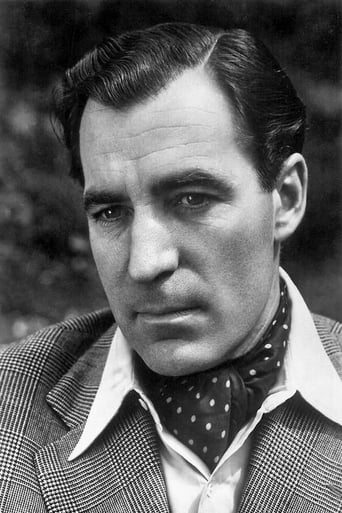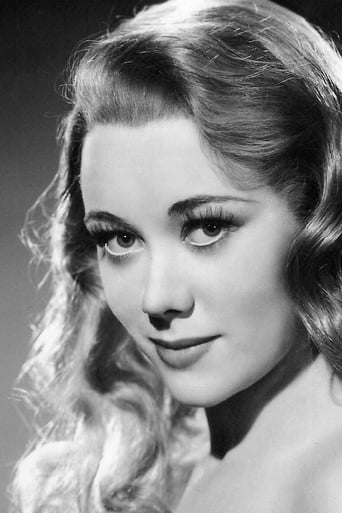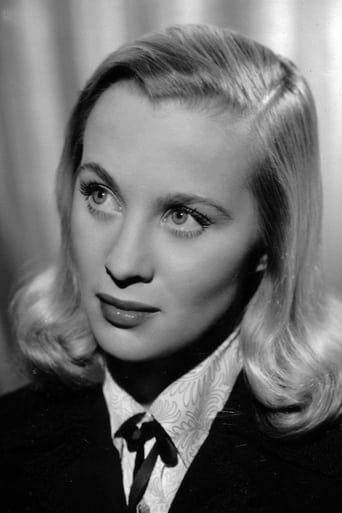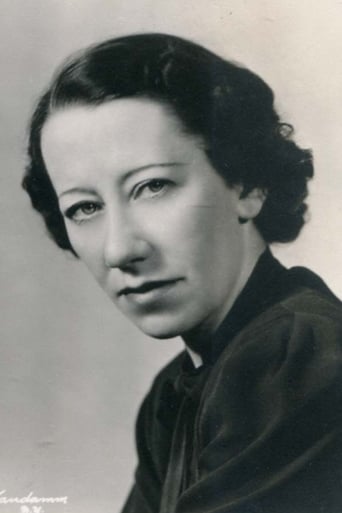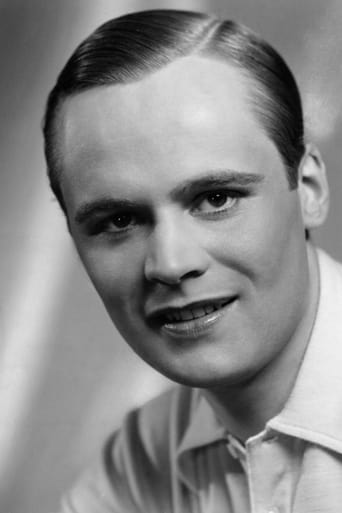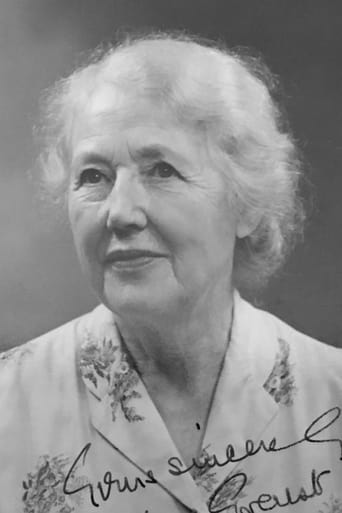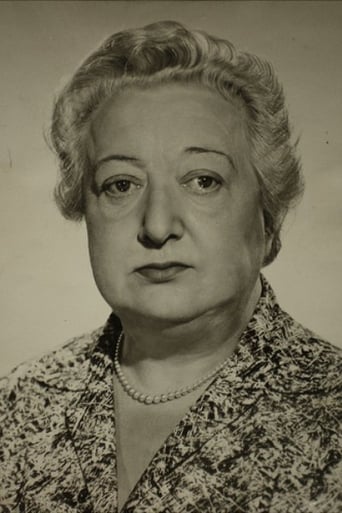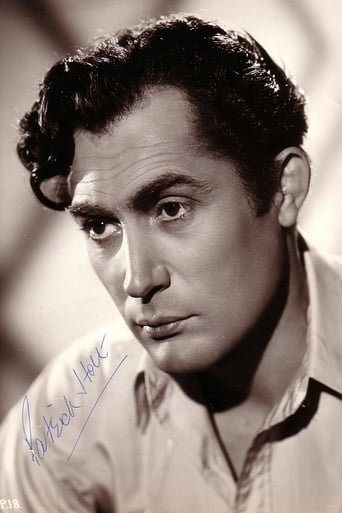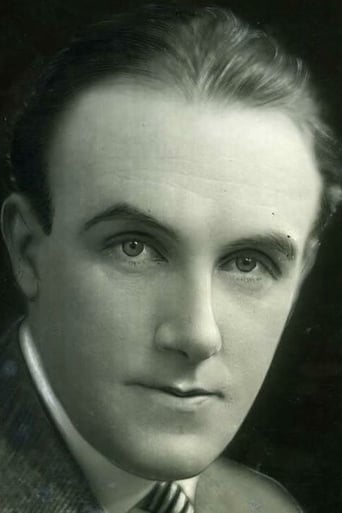A young German girl marries an Englishman and moves into his family's household during the last days of World War II. The family and community have conflicting feelings about her presence in the community, and as a result, the family is forced to face their own moral code as they deal with their own prejudices and fears about the seemingly innocent German girl. The war ends, and she finally seems to be accepted into the family and community when her Nazi brother shows up to create havoc.
Similar titles
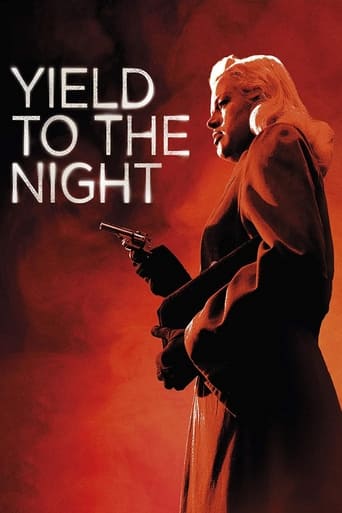
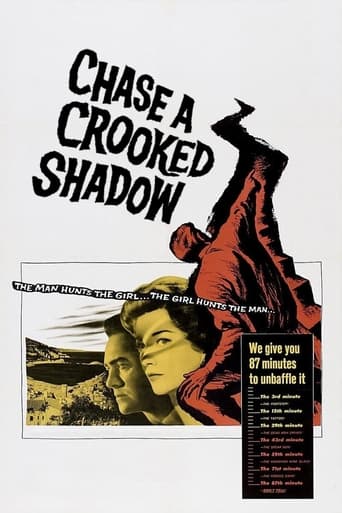
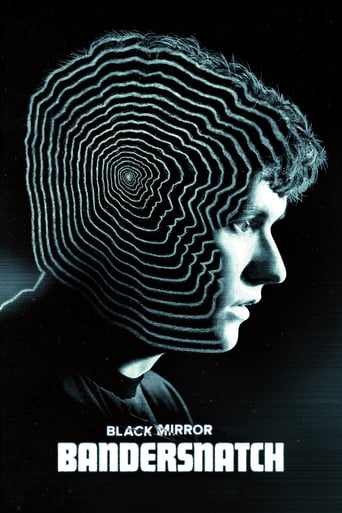
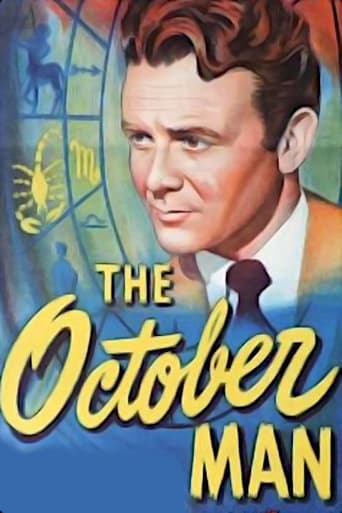
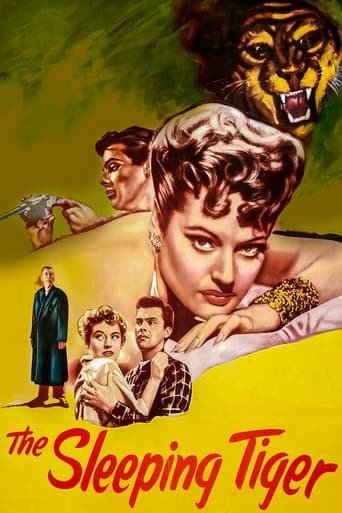
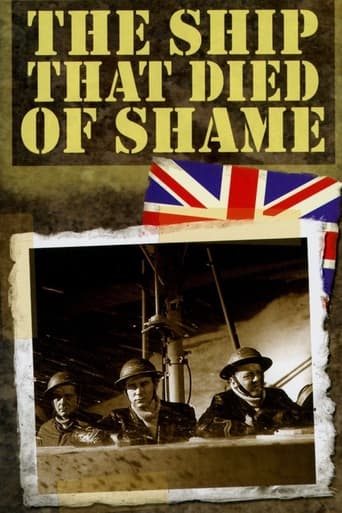
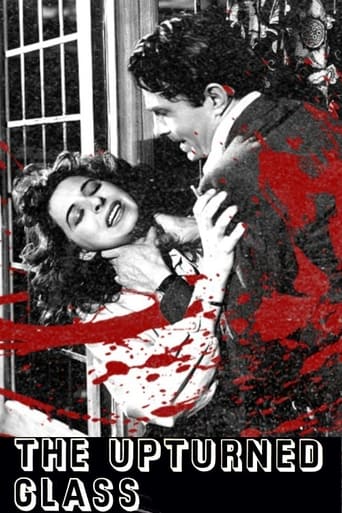
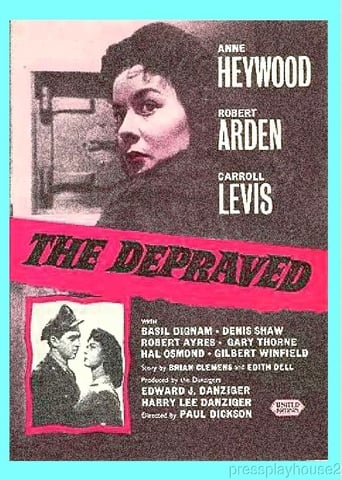
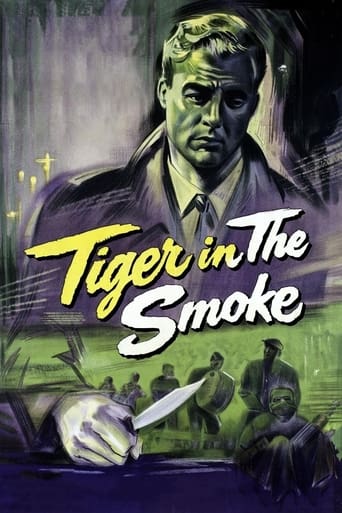
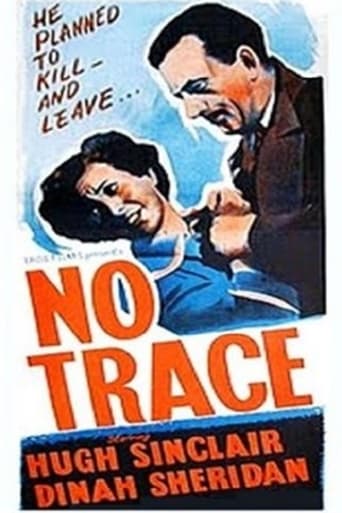
Reviews
Very disappointing...
It's no definitive masterpiece but it's damn close.
It's complicated... I really like the directing, acting and writing but, there are issues with the way it's shot that I just can't deny. As much as I love the storytelling and the fantastic performance but, there are also certain scenes that didn't need to exist.
Exactly the movie you think it is, but not the movie you want it to be.
This film was made in 1947 when this country was just coming to terms with the fact that it would have to live with the new Germany.The film does not take into account the fact that there were already thousands of German refugees in this country who had fled Nazi persecution.For example in the film industry there were actors such as Conrad Veidt and technicians such as Mutz Greenbaum.Therefore what only seems to have been considered by this film are bad Germans,as played by Albert Levien and the passive German as played by Swede,Mai Zetterling.So what is ignored are the millions of Germans who did oppose Hitler,the social democrats and communists who were thrown in concentration camps.I felt that Levien's revelation as a nasty Nazi was rather over dramatic and rather spoiled the balance of the film.I also wonder what audiences of the time would have made of the newsreel of Belsen concentration camp shown when the couple are in the cinema.very thought provoking.
I liked this film a lot--because it was so well made, because it was so very different but especially since it had such a strong emotional impact. Ealing Studios, a wonderful small British company, once again scores a bullseye with this lovely postwar film and it's very well worth watching.The film begins in the latter part of WWII. A British flier (David Farrar) escapes from Germany thanks to the help of a young German lady (Mai Zetterling). In gratitude for her help, Farrar brings her home and asks her to marry him. Surprisingly, though, the small English town he returns to welcomes her like a leper--even though she proved herself. Throughout much of the film, she was badly treated and Farrar and his family are torn apart by this.Fortunately, once the war ends, people begin accepting her and the upcoming marriage appears to he headed for success. However, when Mai's long-lost brother (a German soldier thought to have been killed in the war), the film jumps into high gear and becomes quite exciting--ultimately culminating in a very touching and teary conclusion.The film deserves kudos for taking on this topic--both because other films didn't and because it handled it so intelligently and deftly. Some amazing scenes that really hit home were when Zetterling and Farrar were watching a newsreel that showed concentration camp atrocities, the confrontation between Farrar and Zetterling's brother as well as the amazing finale. This film is a great curio but more than that, it's great simple film-making. Well worth seeing--a brilliant little film.
1947 was not an easy year. In fact, the British and the world was still recovering from World War II. This film probably raised a lot of eyebrows and concern. Germany was still the enemy and Frieda played beautifully by Swedish newcomer, Mai Zetterling, should have been honored with nominations for her performance. Frieda is not well liked because she is German so you're not going to trust a German girl in the first place. Anyway, I imagine how it was first released to the British public after a brutal war and the rebuilding of the damage done by the blitz. Anyway, I can imagine audience members not being welcoming to Frieda but she is somebody we grow to understand. It's not her fault that's she's German anymore that I'm an American. She grows on you because she is somebody we can like but I think that's part of the problem. We see her only flaw as being German and not much else. Anyway, Mai Zetterling performs well and should have been honored with a nomination or two for being the star of the film.
A young German girl marries an Englishman and moves into his family's household during the last days of World War II. The family and community have conflicting feelings about her presence in the community, and as a result, the family is forced to face their own moral code as they deal with their own prejudices and fears about the seemingly innocent German girl. The war ends, and she finally seems to be accepted into the family and community when her Nazi brother shows up to create havoc.Mai Zetterling, one of Britain's most talented leading ladies of the 40's and 50's (and more recently seen as the sweet grandmother in "The Witches"), gives a human portrayal of the young German girl who unwillingly stirs up the pot in husband Robert's (David Farrar) household. There is one very compelling scene where Zetterling sits in a movie theater, watching news reels of what the Nazis have done, and realizes the horrors of the war and why people feel the way they do about her. She confides all she knows about what was going on in the war to her husband who assures her he knows she was not responsible. However, his older sister, Flora Robson, has been involved in public office, and as a result of Zetterling's presence, has been undergoing public scrutiny. She makes a public speech to save her reputation, but damns Zetterling to the villagers merely because she is of German birth. Robson's hatred grows, and she encourages Farrar's widowed sister-in-law (a young Glynis Johns) to pursue Farrar for herself. Johns is actually sympathetic to Zetterling, as is the family matriarch, played by Barbara Everest, who simply wants everything to work themselves out naturally.When Frieda's brother, Richard (Albert Levien), shows up, he appears to be a harmless fellow, having just served on the side of the allies in the Polish army, but soon, his real motivations are made clear. When his past is exposed, Richard goes out of his way to destroy Freida and Robert's happiness for good. The conclusion is almost horrifying, as the family realizes that it had the power to improve the situation but did nothing.Released two years after the end of World War II, "Frieda" is an extremely well written drama, fascinating from beginning to end. The British filmmakers of this time were improving technically, and even though the film is in black and white, there is an almost modern technical look to the film. Zetterling is endearing as the sweet Frieda, conflicted over her German upbringing, but devotedly trying to win over her new in-laws. Farrar, best known as the hero in the classic "Black Narcissus" the same year, is a fine hero, while Robson and Johns deliver outstanding performances. Robson, almost despisable, is remarkably human in spite of her hatred of the German infiltration of her family, and her actions are understandable, if not admirable. The message of forgiveness and anti-judgement is an important one in today's society. Should members of a certain race be held accountable for the actions of the leaders of their homelands? Or should people be judged on their own moral code and standards?
Top Streaming Movies











